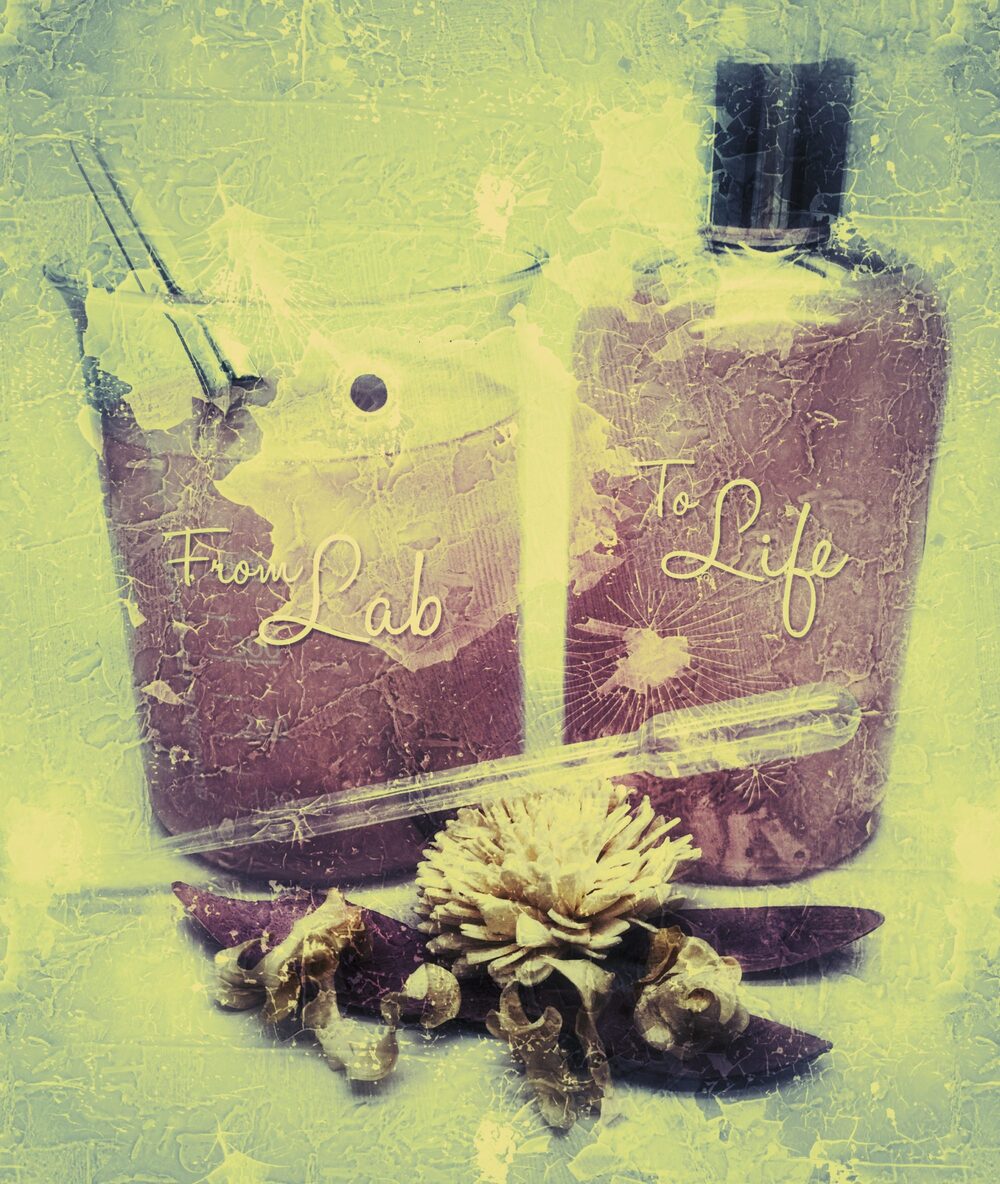More and more customers in the UK are anxious about results of over-exposure to the sun, hence sun protection volume sales increased. Apart from proper Sunscreens intended to use as primary sun protection (when swimming, sun bathing), there is a lot of SPF moisturisers which offers additional benefits. Consumers will link daily SPF products additional benefits such as anti-ageing i.e. wrinkles, improving skin elasticity, protection against age spots / blemishes etc.
Sun protection products are intended to defend the skin against harmful UV rays. UV rays are classified as follows to UVA, UVB and UVC rays [1].
- UVA – is the longest of the three at 320-400 nanometer. Affects elastin in the skin which leads to sun-induced skin ageing, wrinkles and skin cancer. It penetrates skin deeper than UVB rays, which cause direct damage to supporting tissues.
- UVB – ranges from 290 to 320 nm. It is responsible for inflamed skin and sunburn. It is linked to risk of malignant melanoma and basal cell carcinoma (skin cancer types).
- UVC – is absorbed by the ozone layer and does not reach the earth.
Moisturisers that have ability to protect our skin against UV rays contain UV filters. UV filters are chemical substances that are classified in two following categories: synthetic/organic filters that absorb UV radiation, convert it and give it back out as infrared and mineral/inorganic filters which reflect UV radiation away from the skin (shown on picture below [2]). Combination of both types of UV filters should be used in these products for optimum effect.
Moisturisers offering UV protection are called SPF Moisturisers. SPF stands for Sun Protection Factor and “expresses their capacity of protection from erythrema after UV exposure. SPF therefore essentially translates protection from UVBR” – UVB radiation [2]. Moisturiser that claims SPF15 permit to stay in a sunlight 15 times longer than without protection. The SPF can be enhanced by controlling rheology of a product primarily film as If film is too thin, there is not enough coverage. If film is too thick on the other side, it can affect spreadability, therefore balance between coverage and spreadability has to be maintained.
Moisturiser offering UVA protection should have UVA logo on the pack letters “UVA” in a circle shown on a figure below.
It is recommended by European Commission to choose products offering UVA and UVB protection as both UVB and UVA can cause sunburn, skin cancer, and premature skin ageing.
Daily use of SPF moisturisers is as important as using a sunscreen with suitable SPF. SPF It is advised to use separate products for face and body. Moisturiser with UV protection usage has following advantages.
- Daily use will decrease a chance of a skin cancer on the condition of using suitable SPF moisturiser grade (minimum SPF15 is advised) for your skin type.
- As sun exposure can create dryness, applied SPF moisturise will hydrate the skin thanks to emollient and skin conditioning agents content.
- Using SPF moisturiser helps to protect collagen and elastin breakdown therefore skin appears more moisturised and is less prone to fine wrinkles and fine lines.
- There is variety of SPF moisturisers developed for different skin types. Therefore you can choose sun protecting cream for your needs, such as SPF moisturisers for acne- prone skin which are oil-free with non-comedogenic UV filters.
- Using SPF moisturisers all year long will help fight the first sings of photo-damaged skin which will lead to healthier looking skin in the future.
- A lot of people experience discoloration on certain areas of the skin as part of natural ageing process. Proper protection with SPF moisturisers can help with reducing these malpigmented areas of the skin.
- As there is so many SPF moisturisers on the market on various price ranges which make them affordable regardless the budget.
- Market research showed that SPF trend is maintained in skin care but peaks through to hair care as well so that hair could be protected from sun exposure as well.
You need to remember to wear protective clothing as well as spending as much time as possible in the shade. When sunbathing or swimming, water resistant / rub-resistant sunscreens should be used for proper protection. As mentioned in one of the sections above daily use of SPF moisturisers will decrease chances of skin cancer. Only using decent amount of suitable for individual skin type and appropriate for living area (UV Index factor) sun protection product will help to defend our skin.
It is important to remember that sun protection products should never be used to spend more time in the sun [3].
[1] UV irradiation types, Available at http://www.skincancer.org/prevention/uva-and-uvb/understanding-uva-and-uvb, (Accessed 10.06.15)
[2] J. Reichrath, Sunlight, Vitamin D and Skin Cancer, Springer Science & Business Media, 08.01.2009 – 323
[3] http://www.thefactsabout.co.uk/sun-protection-products/content/94 (Accessed 10.06.15)



